All About Private Duty Home Care
All About Private Duty Home Care
You know that your Dad needs more help at home, but he is not quite ready for a senior care facility. Perhaps you feel that he just needs someone to come to his home a few times a week to assist with bathing or to do a little light housekeeping.Maybe you just want another person to check on your family member throughout the week, so you are able to work or help your children. If this describes your scenario, you may need private duty home care.
Who provides private duty home care?
An agency will hire and train Home Service Workers or Certified Nursing Assistants to provide care for your loved one in his or her own home. In general, the home care worker will assist the client to perform activities of daily living.Home service workers only provide non-medical services. If your loved one is completely reliant on another person to function, hiring a home care worker may not be the right choice for your situation. In this case, your family member may be ready for an adult care facility.Here’s what you can expect from the person hired to help your loved one in his or her home.
Observation
Your home service worker will get to know your loved one well enough to be able to observe when changes occur. These changes will be reported to you or other designated authority. Keep in mind, the home service worker will not take vital signs or record weight, appetite, or the number of bowel movements your loved one has, but if the client seems particularly confused or concerned about something, the home health worker will report this to the designated authority.
Companionship Services
Home service workers and CNAs may be able to transport your loved one to appointments outside the home, but this may differ from agency to agency. Certainly, while performing their duties inside the home, the workers will provide companionship care to your loved one. Keep in mind, people who seek jobs as home service workers choose to work with senior citizens and are comfortable and good with interacting with older people.
Housekeeping Services
While home service workers and CNAs are not house cleaners, they can assist your loved one with light cleaning, laundry, and other household chores. While they are not chefs, they can also assist the client in the preparation of simple meals.
Skin Care
If your loved one suffers from wounds or other sores, he or she will need to receive skin care from another source. Home care workers can only provide general skin care when the skin is intact. Only non-medicated or non-prescription products can be used.
Ambulation
Most of the time, if your loved one is living on his own, he must be able to walk on his own or with adaptive equipment. Your home care worker can assist your loved one in moving with the equipment.
Bathing
Many times, the most difficult task for an elderly person to do independently is bathing. Some bathrooms are not designed well for a person with mobility issues. Your home care worker or CNA is trained to assist your loved one with bathing. In some cases, your home care worker can perform a bed bath. Please note, if your loved one has wounds, the home care worker will be unable to help him or her bathe.
Dressing
Another task that is difficult for seniors with mobility issues is daily dressing. As we age, we become less flexible and dexterous. Reaching back to put on a shirt or jacket and zipping or buttoning become too difficult to do without help. Your home care worker will be able to help your loved one with this task.
Exercise
While your home care worker is not a physical therapist, he or she can assist and encourage the client with specific exercises.
Feeding
As long as the client is able to independently swallow and can be positioned upright, your home care worker can assist your loved one in eating.
Hair Care
Of course, your home care worker is not a stylist, but he or she can assist their client with basic hair maintenance. This includes shampooing, drying, combing, and styling the hair.
Mouth Care
If your family member requires help to perform basic mouth or denture care, your home care worker will be able to assist.
Nail Care
While most home care workers are unable to trim their client’s nails, they are able to push back cuticles and file the nails.
Positioning
If your loved one has mobility issues and needs help with basic positioning in a bed, wheelchair, or other piece of furniture, the home care worker will be able to help.
Shaving
The CNA or home care worker is able to assist in shaving with only an electric or safety razor.
Toileting
The CNA or home care worker can also help your family member to and from the bathroom. If more assistance is needed, he or she can also assist with bedpans, urinals, and commodes. Home care workers can provide pericare.If your loved one needs more assistance with toileting, your home care worker can help. He or she can change clothing and pads used for the care of incontinence. He or she can also empty or change urine collection systems or ostomy bags.Home care workers are not trained to insert or remove catheters. He or she cannot insert suppositories or assist with enemas.
Transfers
If your loved one has enough balance and strength to stand, pivot, and assist with the transfer from one piece of furniture to the other, the home care worker will be able to assist in the process of moving from one place to another. If the worker has been trained to use a gait belt, he or she may use this to provide extra assistance and safety during the transfer of your loved one.
Medication
Home care workers cannot administer drugs directly to their clients, but they can remind clients to take their medication. The pills should be stored in medication minders that are clearly marked as to the day and time of the dosage. The home care worker can even go as far as to open the medication minder container if the client is not able to do so himself.The home care worker can report any irregularities noted in the use of medications to you or designated authority.
Respiratory Care
Home care workers can temporarily remove and replace oxygen nasal cannula or masks from the client’s face long enough to shave or wash. This is the limitation of how much respiratory care the home care worker can provide to the client.While training and services vary from agency to agency and from worker to worker, these are the basic functions of a home care worker and certified nurse assistant. While they are not able to perform some specific medical assistance to their clients, they are able to help with bathing, feeding, and toileting.You may feel that your loved one is not able to live independently anymore, but your loved one may not feel like he or she is ready to go to a nursing facility. Hiring a home care worker can be a good compromise.
